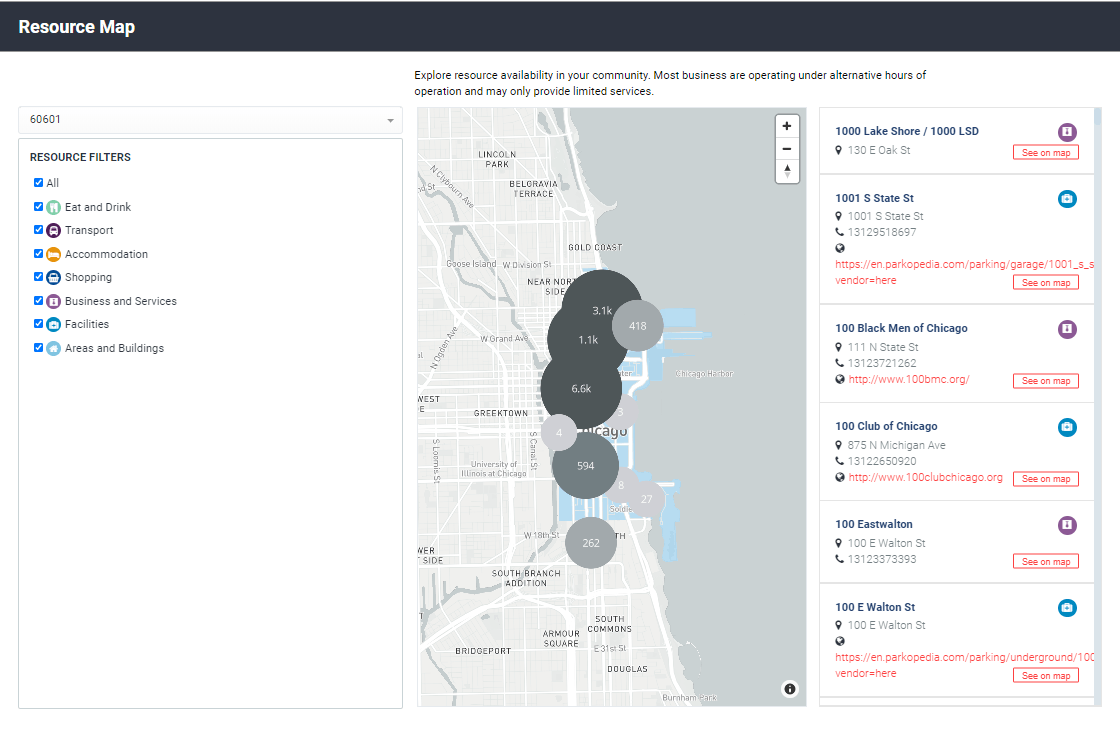 By Justin Grunert, MSM
By Justin Grunert, MSM
Dear COVID-19:
How dare you try to ruin my summer! Your infection may be forcing places to close and you may think you have ruined fun–well, think again.
I will not be visiting the beaches but I will be enjoying other outdoor activities. I found quite a few outdoor hiking trails and nature preserves where I can social distance properly or wear a mask if I need to. If I want to swim, I jump in–if I didn’t have a pool, I wouldn’t be too proud to order a beautiful inflatable model.
I have already set calendar reminders to call and order takeout from my favorite local restaurants for fine dining on my patio. When it is too hot outside, I will make myself a tall glass of sun tea or freshly squeezed key limeade, sit in my AC, and feel refreshed. I have a long list of shows to catch up on both Hulu and Netflix and have just purchased the new Hunger Games book.
Think about all the money I am saving not driving around and purchasing overpriced food and drinks from vendors in a theme park! Instead, I am banking that money for next summer. Then I really will treat myself to a much better vacation. (I am thinking somewhere early spring in the Mediterranean.)
COVID-19, you don’t have the power to ruin my summer! I have a long list of things I can enjoy. This summer will be the best staycation(s) ever!
Sincerely,
Justin
Justin Grunert, MSM, is IPMI’s LMS and training coordinator.




 It’s been awhile since we’ve heard anything about autonomous cars getting out there–they shut down along with everyone else this spring–but Lyft’s AVs have started testing again on tracks in Palo Alto, Calif.
It’s been awhile since we’ve heard anything about autonomous cars getting out there–they shut down along with everyone else this spring–but Lyft’s AVs have started testing again on tracks in Palo Alto, Calif. By Kevin White, AICP
By Kevin White, AICP A bill that would have extended free parking for electric vehicles (EVs) in state-owned facilities and at metered spaces in Hawaii died without being passed; EV drivers started paying for parking July 1.
A bill that would have extended free parking for electric vehicles (EVs) in state-owned facilities and at metered spaces in Hawaii died without being passed; EV drivers started paying for parking July 1.


